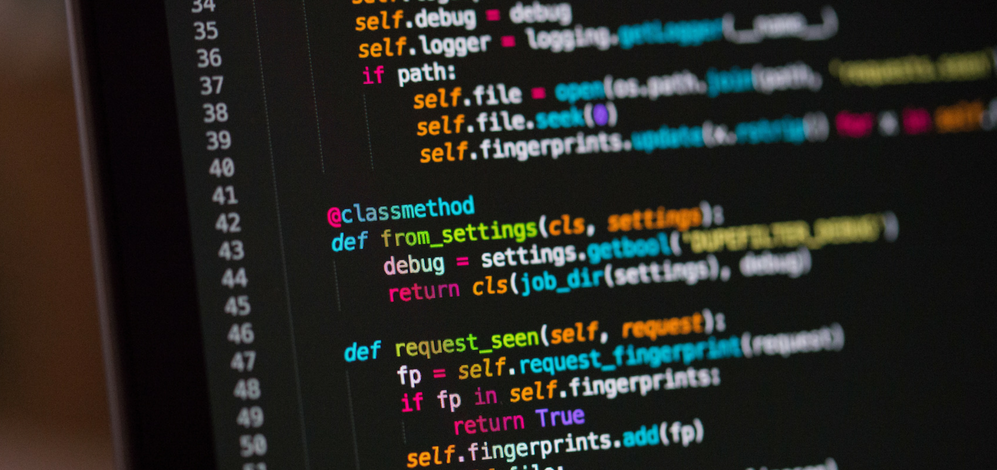For programmers of all levels, one of the most effective ways to improve problem-solving skills and technical knowledge is by consistently working through challenges. Whether you're preparing for job interviews, aiming to stay sharp, or learning a new programming language, practicing on code challenge sites provides structure, motivation, and feedback.
These platforms offer a wide variety of problems tailored to different experience levels and specializations, such as algorithms, data structures, system design, and more. They often simulate real-world tasks and include timed coding sessions that replicate the pressure of actual interviews.
Why Practicing on Code Challenge Platforms Matters
Solving problems in a time-constrained environment helps sharpen both logical thinking and time management. While tutorials and textbooks teach syntax and concepts, only regular practice forces you to think independently and apply what you’ve learned.
Here are a few benefits of using code challenge sites regularly:
· Build confidence with real coding problems
· Improve algorithmic thinking and optimization skills
· Get used to test-driven development
· Track progress over time with metrics
· Learn from others by reviewing solutions
For anyone pursuing a technical role or preparing for competitive exams and assessments, consistent engagement with coding problems is not optional—it’s a necessity.
Features to Look for in a Good Code Challenge Platform
With many coding websites available today, it’s important to choose platforms that align with your learning goals. While some are better for beginners, others are tailored for professionals and advanced developers.
Here’s what to look for:
1. Variety of Problems
A good platform should offer a wide range of questions categorized by difficulty and topic. This allows you to focus on your weak areas or gradually build up your skill level.
2. Language Support
Ensure the platform supports the programming language you’re focusing on. Many sites allow you to solve the same problem in multiple languages, which is helpful if you’re multilingual or learning a new one.
3. Timely Feedback
The best platforms offer instant feedback on your code submissions. This includes performance analysis, error tracking, and hints if you're stuck.
4. Community and Discussion
Some platforms include a community discussion section for each problem. This feature helps you learn alternate approaches and best practices from fellow programmers.
5. Gamification and Leaderboards
Motivation is key to consistency. Gamification features like badges, levels, and leaderboards make the learning process engaging and competitive.
Common Mistakes to Avoid
While practicing on these platforms is highly beneficial, it’s easy to fall into certain traps that reduce the effectiveness of your efforts.
1. Skipping Problem Analysis
Jumping straight into coding without understanding the problem often leads to wasted time. Always read carefully and plan your logic first.
2. Copying Solutions Too Early
It’s tempting to look at answers when stuck, but this hinders learning. Struggle with the problem for a reasonable time before seeking help.
3. Neglecting Optimization
Getting the correct output is important, but so is performance. Aim to improve time and space efficiency once your initial solution works.
4. Inconsistent Practice
Irregular practice leads to slow progress. Even 30 minutes a day can yield better results than sporadic, long sessions.
Conclusion
Online code challenge sites are an invaluable tool for anyone serious about becoming a better developer. They provide structure, challenge, and community support—all critical elements for growth. By approaching these platforms with a clear plan and consistent effort, you can significantly improve your problem-solving ability and technical confidence.
Whether you're preparing for technical interviews, learning a new language, or just trying to stay sharp, coding challenges offer a practical and rewarding path to mastery. Start today and make it a part of your daily routine.





Comments